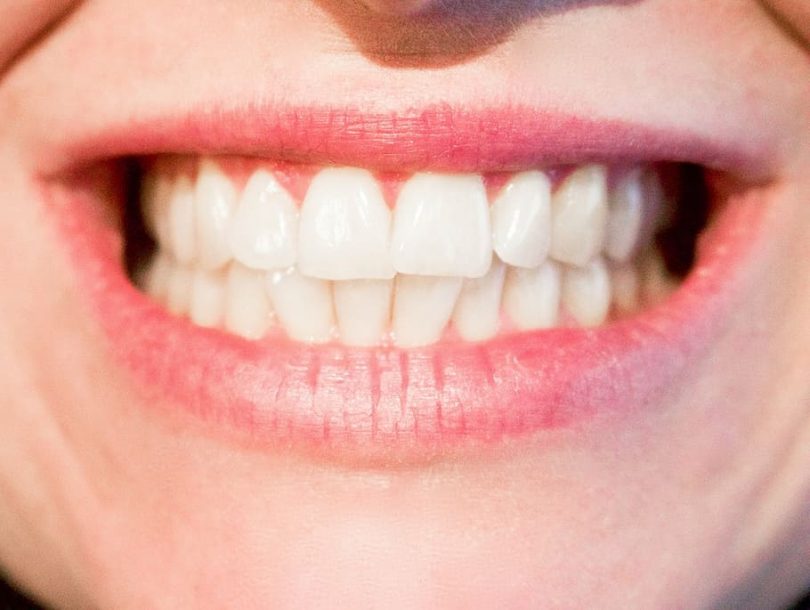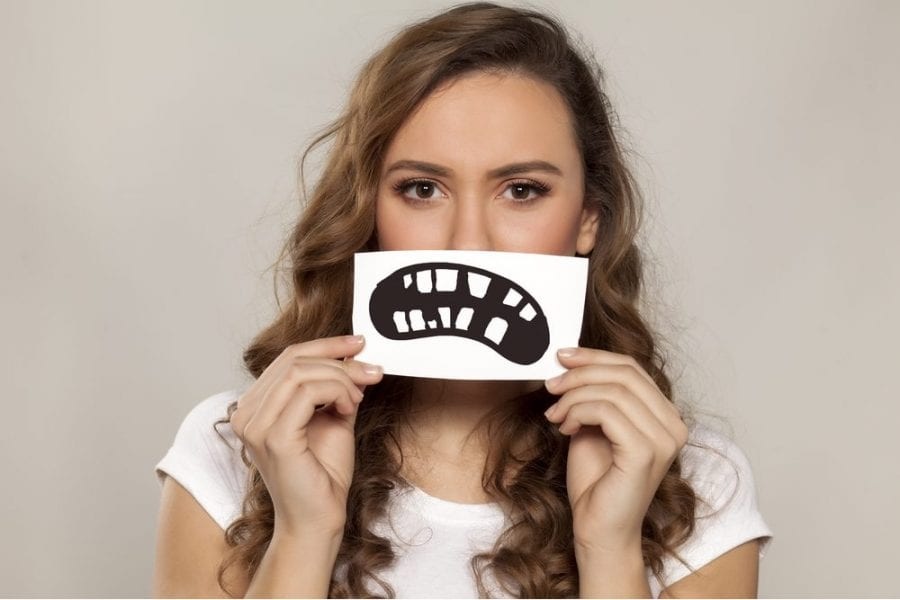Cannabinoids have been proving to be viable alternatives to standard treatments and medications on various fronts, and oral health is yet another one. Encouraged by a body of research that has established the efficacy of the antibacterial properties of cannabinoids like tetrahydrocannabinol (THC), cannabidiol (CBD), cannabinol (CBN), cannabigerol (CBG), and cannabichromene (CBC), and more specifically their efficacy against a variety of methicillin-resistant Staphylococcus aureus (MRSA) strains, researchers investigated how these molecules stack up against commercial oral care products like Oral B and Colgate toothpastes. [1]
“Dental plaque is a structurally organized biofilm containing millions of bacteria and is responsible for several oral diseases such as gingivitis, periodontitis, and dental caries,” the researchers explain. The scientists point out that our naturally produced endocannabinoids “have the potential to modify the bacterial membrane and prevent biofilm formation,” which is the foundation of phytocannabinoids’ ability to treat oral diseases and maintain our oral health.
The study was a randomized, controlled trial, involving 60 healthy adults between ages 18 and 45. They were divided into six equally sized groups based on the Dutch periodontal screening index (DPSI), which represents different criteria of participants’ oral health, going from perfect gums and no bleeding, to severe bone resorption and high tooth mobility.
The researchers sampled dental plaque from participants and then monitored how treatments with the aforementioned cannabinoids and commercial oral care products would affect the colony counts of the plaques. They compared counts for each plaque sample with two Petri dishes – A and B – each one having 4 divisions. “On Petri dish A, CBD, CBC, CBN, and CBG were used, and on Petri dish B, cannabigerolic acid (CBGA), Oral B, Colgate, and Cannabite F (a toothpaste formulation of pomegranate and algae) were used.”
The researchers sealed and incubated the samples (37°C for 24 hours) and used an automated colony counter to measure the results.
The comparisons were fairly definitive. In all six groups, the highest number of colonies, meaning the most bacterial growth, was observed upon treatment with Oral B or Colgate, predominantly Oral B, whereas cannabinoid treatments led to the lowest amount of colonies across the board. CBN scored the best results (lowest bacteria) in three of the six groups, CBC in two, and CBGA in one.
The researchers note the trial has its limitations, as do most trials. For one, the sample size was 60, “which is less for a clinical trial.” The other limitation was the inclusion of both normal and gingivitis and periodontitis patients, so going forward, the scientists acknowledge that future randomized, controlled trials should be longer time-wise and consist of “a larger sample size and only with periodontitis patients” in order to enable “the exact comparison of the results and assessment of long-term effects of synthetic cannabinoids on oral health care.” [1]
However, as far as limitations go, these are pretty limited, and for now, this study serves as a confidence booster for people looking for an alternative to commercial oral care products, such as cannabinoids.
Reference:
- Stahl V, Vasudevan K. “Comparison of Efficacy of Cannabinoids versus Commercial Oral Care Products in Reducing Bacterial Content from Dental Plaque: A Preliminary Observation.” Cureus, vol.12, no.1, 2020, p.e6809. Journal Impact Factor: N/A Times Cited: N/A
Image Credits: pxfuel









